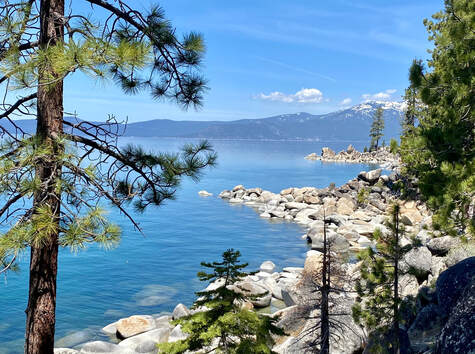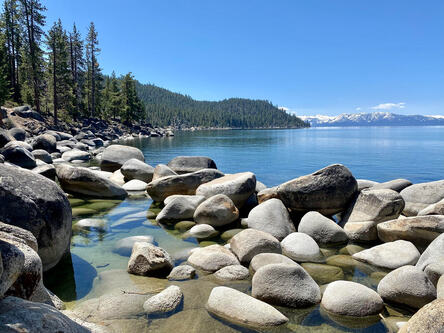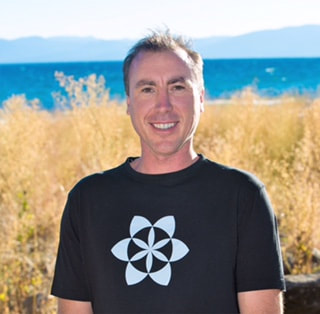|
“We are all one. Only egos, beliefs and fears separate us.” ~Nikola Tesla In the world of spirituality, you will often hear people proclaiming with great conviction that we are all one. But, what does that even mean? There are currently over 8 billion people living on this planet, how could we possibly all be one? Perhaps they mean that, at the core of our beings, beyond our individual identities, we are all fundamentally the same. If so, then what exactly is the common essence that unites us?
Although we appear different on the outside, when you think about it, we are all basically the same on the inside. For example, we all have the same five senses through which we experience the world. We all have minds capable of thoughts, emotions, memories, expectations, beliefs and desires. We all find ourselves right at the center of our reality. While we have different names, we all refer to ourselves as “I.” Most importantly, we all have consciousness- the silent witness within that is simultaneously aware of both our inner and outer worlds. Consciousness is the common ground we all share. As the Nobel prize winning physicist Erwin Schrodinger put it, “The total number of minds in the universe is one. In fact, consciousness is a singularity phasing within all beings.” To understand this concept, imagine that you have a lamp with an exceptionally bright light bulb. You decide to put a lampshade over the light, but first you take a thumbtack and make a series of holes in it. When you put the lampshade on and flip the switch, hundreds of tiny lights will shine though. Although each individual light will appear to be separate, they all emanate from the same source. Now substitute the light of consciousness at the center of existence for the light bulb at the center of the lamp, and it’s easy to see how we are all, in fact, one. With this concept in mind, you can understand what Ram Dass means when he says, “There is only one of us. One consciousness manifesting into different forms.” Beyond our egos, personalities and beliefs, we all have the same witness within. The consciousness that is aware of my experience is essentially the same as the consciousness that is aware of yours. By truly embracing this understanding, you can cultivate not only empathy and compassion for others, but also a deep appreciation for the richness and diversity of humanity.
2 Comments
"The Tao is formless, yet it gives form to all things. The Tao is nameless, yet it is the source of all names." ~Lao Tzu In our last blog, we learned that the trick to navigating the void is to surrender to it, to become one with the infinite, eternal nothingness at the center of existence. However, we were left with a few unanswered questions. For example, how does merging with complete emptiness lead to oneness with all that is? To answer this question, we need to rethink our understanding of the void. It's not so much eternal nothingness as it is a boundless field of infinite possibility and creative potential.
In Taoist philosophy they have great reverence for the void, referring to it as the “eternal and inexhaustible wellspring” from which all existence is derived. They describe the Tao as being formless, nameless and eternal- the source of all creation and the underlying principle of all that exists. Buddhists also believe that emptiness or “shunyata” is the core principle of existence. Emptiness is thought to be the true nature of reality, transcending all dualistic concepts. Therefore, the idea of surrendering to the void shouldn’t necessarily frighten you. It doesn’t mean disappearing forever, it means returning to your original state, your true self, one that is both infinite and eternal. Think of the void as the ultimate ground of being from which all things arise, including the universe, including you. With this in mind, it quickly becomes apparent that physical reality is the real miracle, and that life as a conscious being is the greatest gift of all. |
Like what you are reading? Sign-up here for our weekly newsletter featuring a new inspirational blog every Wednesday.
About The AuthorNick Hughes is a massage therapist, yoga instructor and co-owner of Well Being. Influenced by the ideas of Alan Watts, Eckhart Tolle, Ram Dass, and Deepak Chopra, Nick presents his unique take on human existence with the goal of helping others live a happier life. Archives
July 2024
Categories |




 RSS Feed
RSS Feed